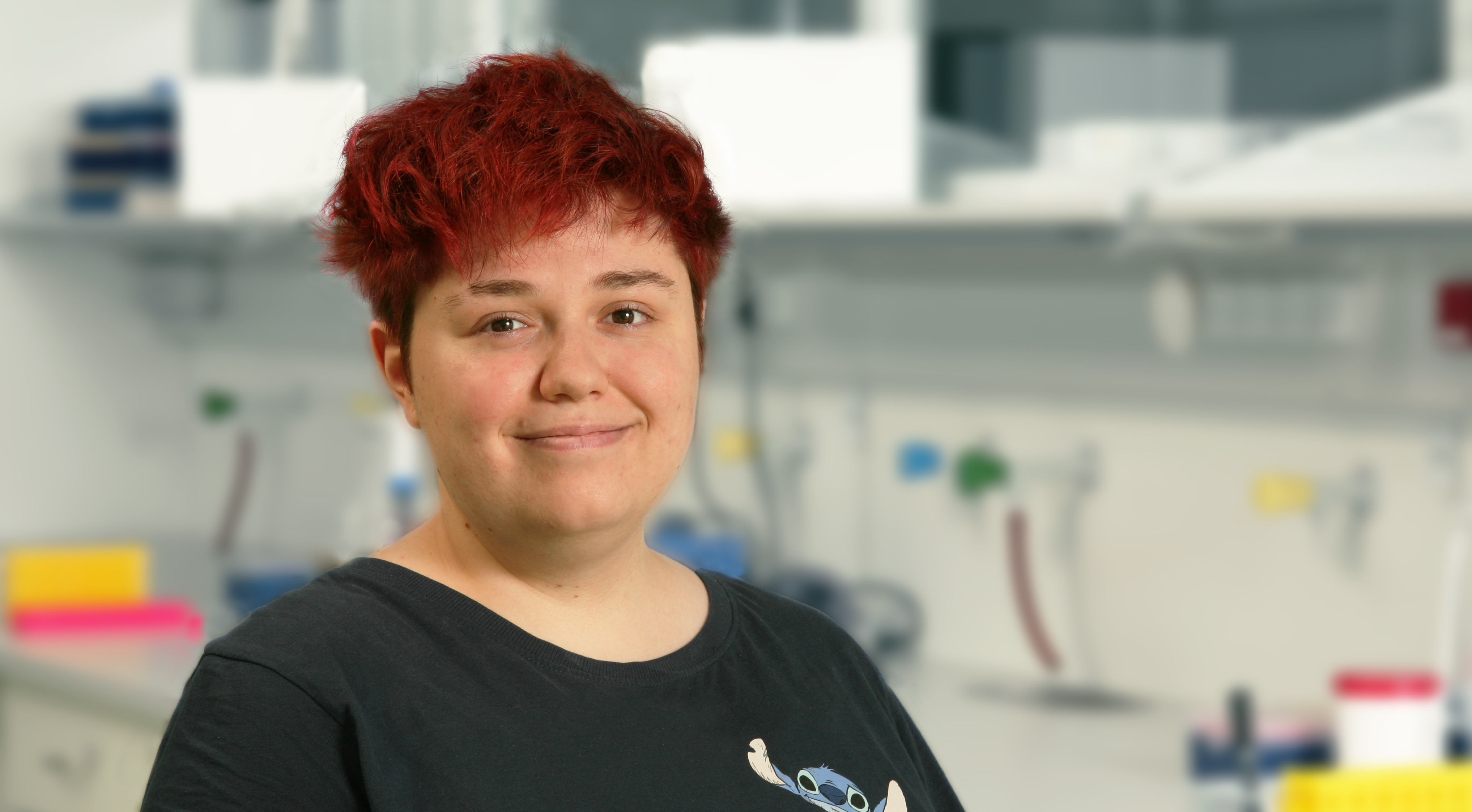Apergillus fumigatus is the most common airborne mold pathogen causing allergic and invasive diseases. Invasive infection, termed aspergillosis, is a life threatening infection mostly in immunocompromised patients.
Defects in mechanisms required for adaptation to iron starvation (e.g., the iron regulatory transcription factor HapX and the sterol regulatory transcription factor SrbA as well as siderophore-mediated iron acquisition) have been shown to attenuate the virulence of A. fumigatus indicating that this opportunistic fungal pathogen faces iron limitation during infection. Transcriptomic and proteomic approaches identified numerous iron-regulated genes that are subject to control of these transcription factors, whereby many of these genes are yet functionally uncharacterized or not fully characterized. The goal of this project is the characterization of iron starvation-induced metabolic remodelling of A. fumigatus by deletion and deregulation of iron-regulated genes followed by phenotypical and biochemical analyses as well as virulence inspection of respective mutant strains, expecting to identify novel virulence-related pathways to improve therapy and diagnosis of fungal infections.
Siderophore biosynthesis is based on two major precursors, ornithine and acetyl-CoA. The importance and regulation of ornithine supply for siderophore biosynthesis has been addressed previously but the regulation of acetyl-CoA for supply for siderophore biosynthesis remains elusive so far. Therefore, the link between acetyl-CoA metabolism and siderophore production will be investigated.
Taking together, this study aims to further characterize fungal iron homeostasis and to potentially identify novel iron-related virulence determinants as potential targets for improvement of antifungal therapy.






